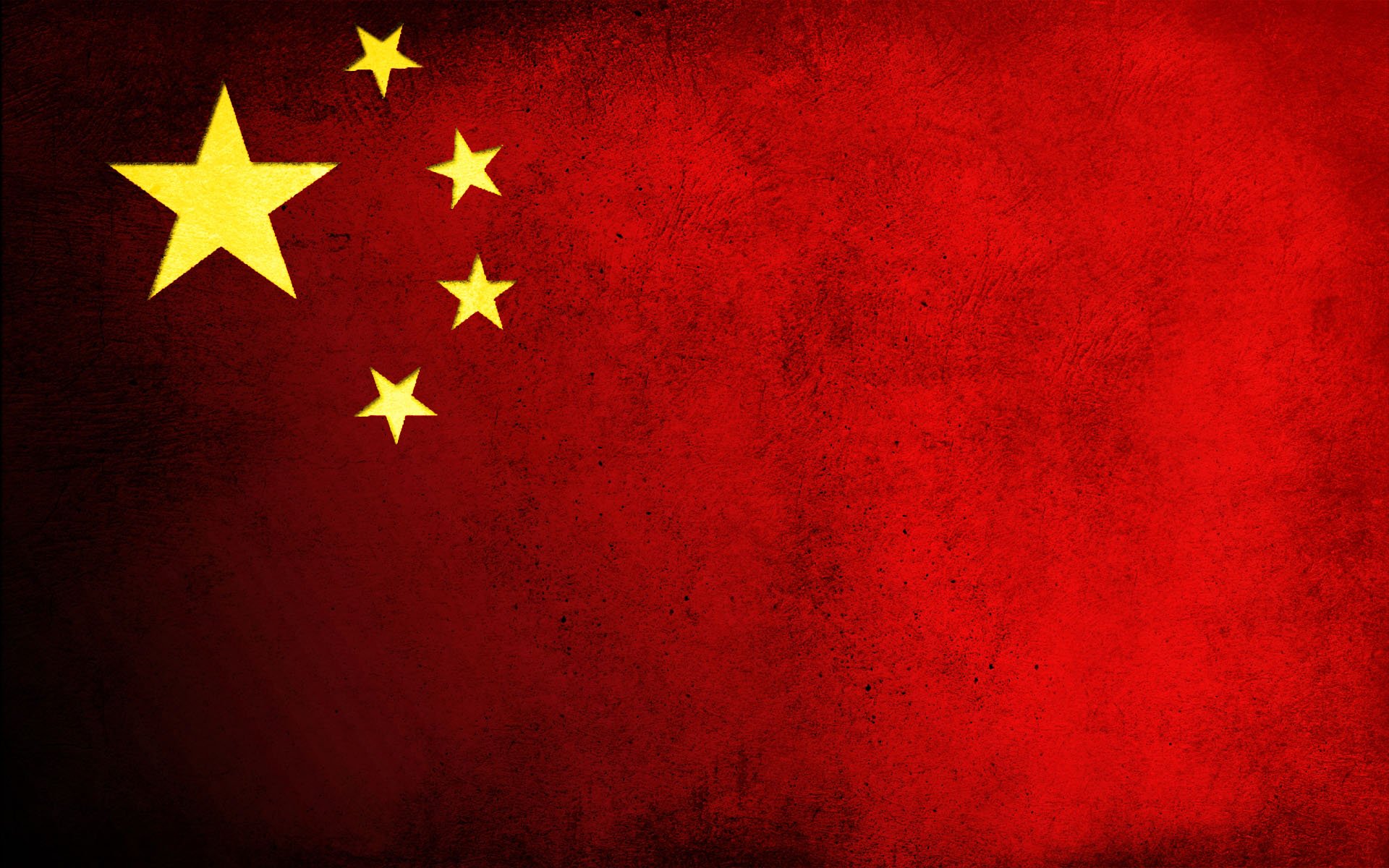
Everything that China does in the Maelstrom Rising series is based on patterns already established over the last few decades.
China has been endeavoring to become the world superpower for decades. To that end, they see the United States as their primary rival. While many who espouse open trade with China dismiss the 1999 white paper, “Unrestricted Warfare” as little more than a hypothetical exercise, every Chinese move, whether in the military, economic, or cyber realms of late has pointed toward a rising hegemon with the United States as its primary enemy.
The growth of Chinese power projection in the Western Pacific involves an incremental domination of China’s nearest neighbors, while challenging American sea supremacy. While the Southeast Asian nations have protested the building of artificial islands in the South China Sea, US Navy vessels have passed through those waters, which the United States considers international waters, in “Freedom of Navigation” exercises, which Beijing has protested as provocations and violations of Chinese waters.
The Southeast Asian nations especially see this as a threat, and they are the first in the crosshairs of Chinese hegemony. The Chinese, much like the Russians, seek to be a regional power, though global superpower status has been believed to be in Beijing’s mindset for some time. Again, certain apologists in the West insist that none of this makes China an enemy, but the People’s Republic of China remains a Communist country, now with a President for Life in Xi Jinping.
China’s expansion is not purely a matter of power-hunger. China’s Communist regime, its massive expenditures, to include the building of “Ghost Cities,” entire metropolises built purely to stimulate the economy, that now stand empty, has left the Chinese economy dangerously fragile. China is not self-sustaining. And that means that as long as the country is reliant on the outside world, and not always on Beijing’s terms, China remains vulnerable.
Not all of China’s efforts to secure its international power and resources lie in military force, however. China has been actively trying to secure natural resources around the world for the last couple of decades. Not only that, as part of the “New Silk Road,” they have been securing control of ports and other infrastructure by various means. The United States sold the Panama Canal to China in the ’90s, and the effort has only increased as time has gone by.
The infrastructure is only part of the plan, however. Africa has become a de facto Chinese colony. Beijing is using debt and infrastructure projects in the Third World to secure assets in Africa. And with China lacking many natural resources desperately needed, Africa has become the prime treasure house for China.
It’s not just Africa, either. Chinese companies have taken over the bulk of the resource extraction from Afghanistan, and Chinese companies have done business with Mexican cartels for illegally mined iron, stolen petroleum, and other natural resources which have become a major source of cartel income.
While there have been many scenarios about war with China published, any major war between China and the West will doubtless involve considerable combat in Africa and Latin America, to cut Beijing off from its vassals and the resources they can provide.
On the cyber warfare front, there have been many indicators that have not been corroborated, but the Chinese cyber warfare unit has been active against the United States for some time. Observe the “Attack Map,” and how many connections are going straight to China. Given the references in “Unrestricted Warfare,” and the access that many Chinese companies have obtained to US tech, any clash will doubtless be accompanied by crippling cyber attacks.
By the events of Maelstrom Rising, all of these factors have continued to develop and escalate. The encounters in the South China Sea have devolved into a sporadic shooting war with ASEAN. Naval standoffs with Japan have become increasingly frequent. And, while the war remains in the shadows, Beijing has decided that now is the time to deal the death blow to what remains of the Pax Americana.
Pingback:Hong Kong Crackdown - American Praetorians
Pingback:Setting the Stage: Peter Zeihan on Economics and Demographics : American Praetorians
Pingback:Wuhan Coronavirus and IO - American Praetorians